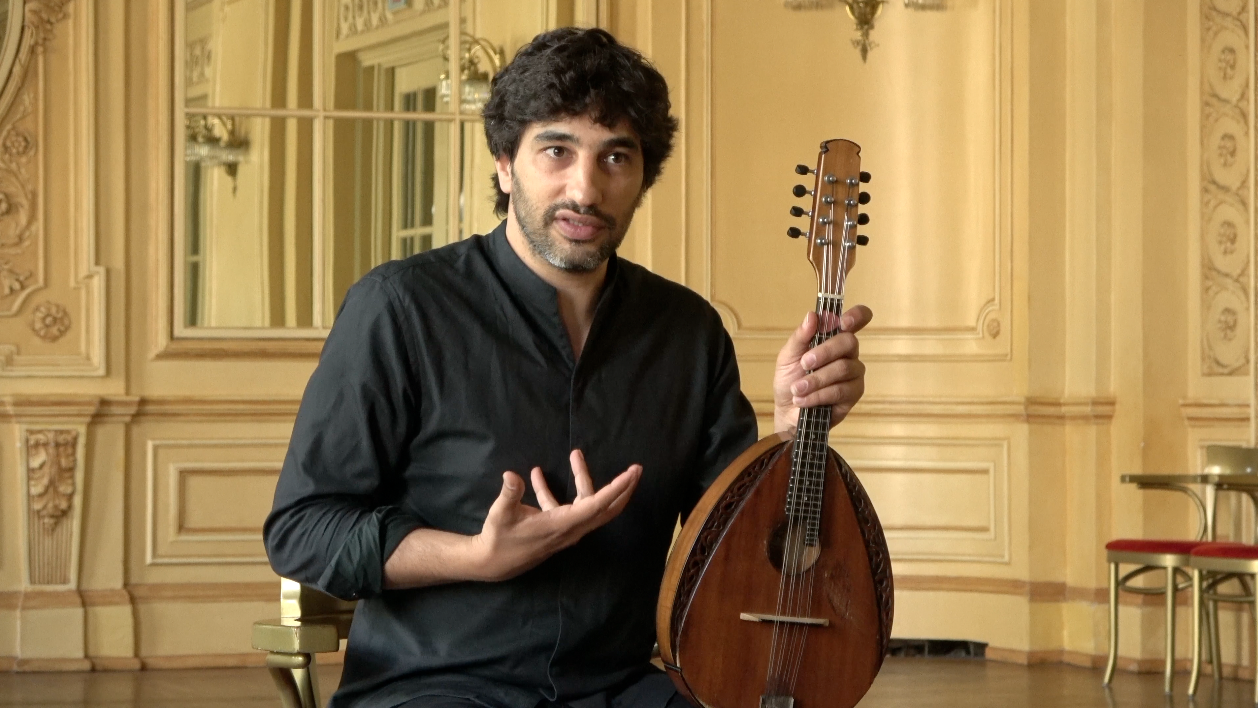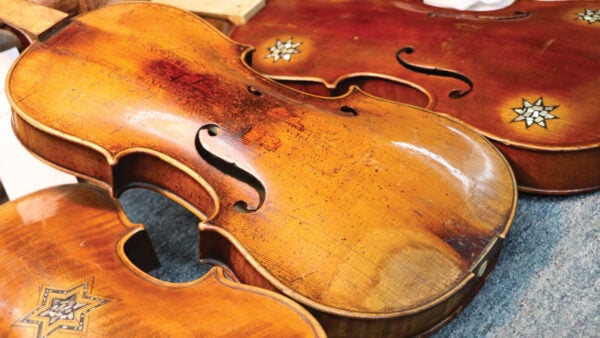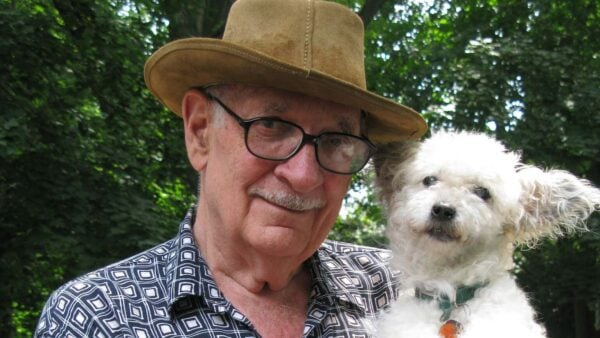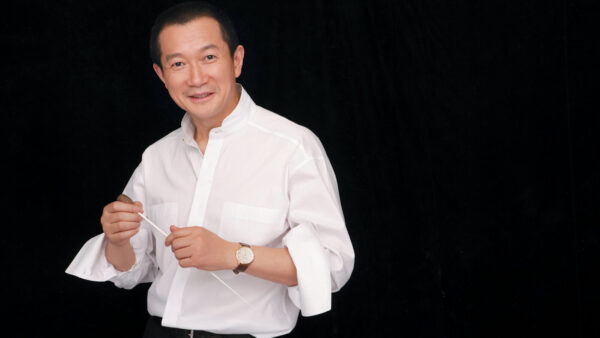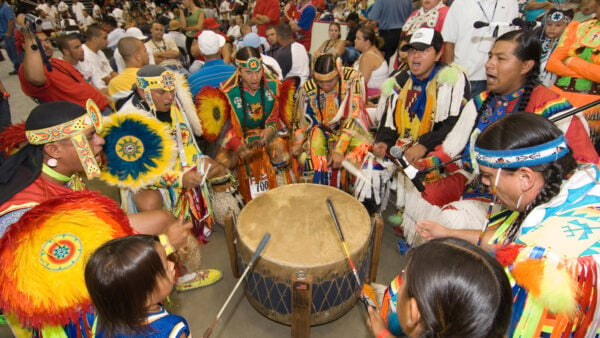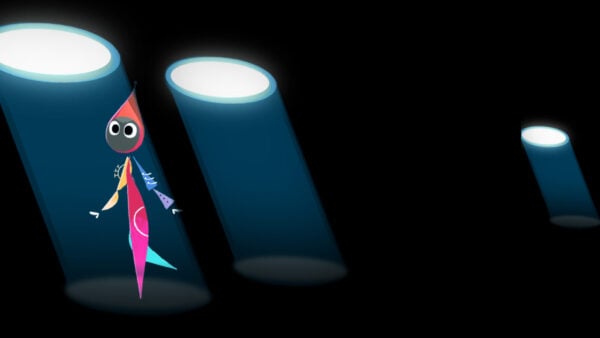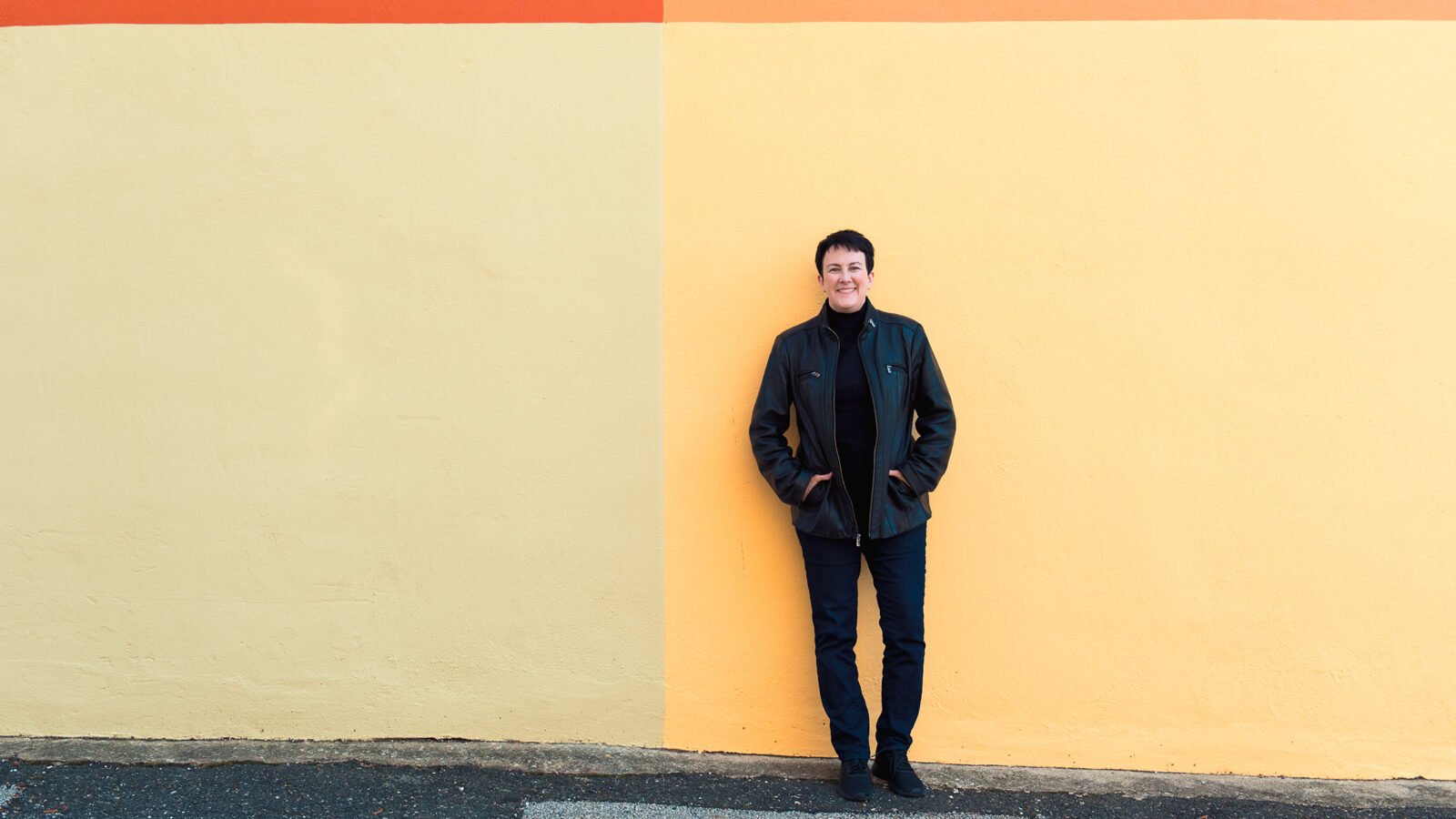
Jennifer Higdon (Photo: Andrew Bogard)
“There is kind of a thrill, I’ve noticed that with all my concerts. We’re all out here going, ‘Yee-Haw!’”
Jennifer Higdon is excited. She’s excited for the return of live music, she’s excited for the upcoming American premiere of her new mandolin concerto at the Chicago Philharmonic, and she’s excited about the future of classical music.
Higdon is a preeminent contemporary American composer, having won Grammys, a Pulitzer, and scores of awards from other leading music organizations. Following studies in flute performance and composition, she served as a professor of composition at the Curtis Institute for more than 25 years, while receiving commissions from the CSO, the Cleveland Orchestra, Santa Fe Opera, and the Atlanta Symphony, an organization whose longtime music director, Robert Spano, has been an influential proponent of Higdon’s work.
Another burgeoning relationship that should excite audiences is with the Chicago Phil. The Phil’s debut performance of the concerto with mandolin star Avi Avital will mark its second presentation of Higdon’s music in six months. Ahead of the performance — part of the ensemble’s program Fanfare Chicago — WFMT general manager George Preston spoke with Higdon about the unique challenges of writing for the mandolin, her career in composition, and the state of contemporary classical music today.
George Preston: This weekend, Avi Avital and the Chicago Philharmonic will give the US premiere of your newest concerto, for mandolin. Did you need to learn something special about the instrument before you composed this piece?
Jennifer Higdon: Yes! It’s not your normal orchestral instrument, that’s for sure. I was actually hesitant to take the commission because I didn’t know anything about the instrument. I always liked listening to it, but it was random, anything that might come on the radio.
Avi Avital worked for years to talk me into doing the concerto. There was this one amazing incident that convinced me. He was coming through Philadelphia, and he called me and asked me to see him in the train station before he left for New York. In the middle of this huge, busy train station, he pulled out his mandolin and started playing Bach. I was so enraptured. After about ten minutes, I looked around and I realized that everyone in the station had stopped to listen. That was the moment I realized I had to write for this guy.
Writing for the mandolin, you first have to think about how to balance it with an orchestra. The orchestra is big and the mandolin is very, very, very quiet. I also had to figure out what his hands could handle, how fast he could play, and when he played chords, how his fingers sat.
With the mandolin, there's not a lot of sustain to the tone. Counterpoint and musical line had to be there to give us some sort of sense of the instrument. I thought that this was a piece that needed good tunes. And also, because it's a concerto, you have to have some fast music in there. There are parts where I'm like, “Okay, let's let it rip.”
Preston: We think of the mandolin as primarily a folk instrument, but I love classical music — particularly Bach — written for or played on the mandolin. Are there folk elements at play, or did you use it as a pure musical instrument?
Higdon: In this case, I used it as a pure musical instrument. I grew up in east Tennessee and Georgia, so my first thought was that maybe I should use a bluegrassy sort of feel, but that didn't seem to me like it would fit Avi. I was very familiar with his playing, and I was struck by all the Vivaldi that he had done.
This was written during the pandemic. In this modern age, I was sending PDFs back and forth to him and asking him about chord progressions. He would record it on his phone and send it back to me so I could hear what worked and what didn’t. It’s kind of an amazing way to compose!
Avi is such an incredible player that it worked. I have to admit, I'm still kind of amazed by that.
Preston: Looking back, what did your inclusion in the Atlanta School of Composers mean for your career, especially the support of someone like Robert Spano and an organization like the Atlanta Symphony Orchestra?
Higdon: It was a rocket launch. When you have a conductor who believes in you and does more than one piece, does commissions, records your music, that helps get the music out there, that is absolutely everything.
It also shows how a conductor can move music history along by advocating for someone. By returning to those composers and letting them develop — especially when they’re young — it’s the ultimate learning experience.
I can even trace back this mandolin concerto to all of the commissions that arose from my relationship with Atlanta, which is a pretty amazing thing to say.
Preston: How do you think opportunities for young women composers have changed since you came to prominence?
Higdon: It’s definitely gotten better, it’s still improving, and there’s still room to improve. I think women are more likely to get commissions now, and people are more likely to check out more of their music. When I came out of school, the internet wasn’t that prevalent. Now that I’m thinking back on it, it probably would have helped a lot. For me, it just had to be networking; I had to depend on performers being thrilled enough about the music that they would tell other people.
I think there are a lot of incredible women composers out there, and it’s my hope that more and more of them will be discovered because, the fact of the matter is that women constitute half of the population, so giving them a voice is very important.
Preston: What are other exciting trends in new music that you are seeing right now?
Higdon: I’m thrilled that people feel free to have their own voice, their own musical language. And I can see the boundaries breaking down between rock, folk, and classical. That’s kind of cool! I think part of that has to do with the fact that so many composers grew up on rock and roll, pop, film scores, and video game music. It didn’t use to be that way; when I came out of grad school, there was this impression that you had to adhere to one type of music, that you could only write an academic sort of sound. Now, I think, anything goes.
It’s also become possible to disseminate their music, and because we’re all sharing stuff and hearing all kinds of music, there are more influences, but you can also hear more things from around the world. When you have a recording of a mandolin concerto, it gets out more places.
Preston: Jennifer Higdon, we are thrilled that your mandolin concerto will have its US premiere here in Chicago by Avi Avital and the Chicago Phil.
Higdon: I'm looking forward to being there! And there are two other world premieres on the concert, so it's an amazing thing to experience that much art unfolding. Especially when you've got a really good orchestra. It's going to be a great way to spend your afternoon.
Chicago Philharmonic presents Fanfare Chicago — which features the US premiere of a mandolin concerto by Jennifer Higdon as well as world premieres by Nicholas Hubbell and Reinaldo Moya — on March 27, 2022 at the Harris Theater. Visit chicagophilharmonic.org for ticketing and information. This interview has been lightly edited for lengthy and clarity.

